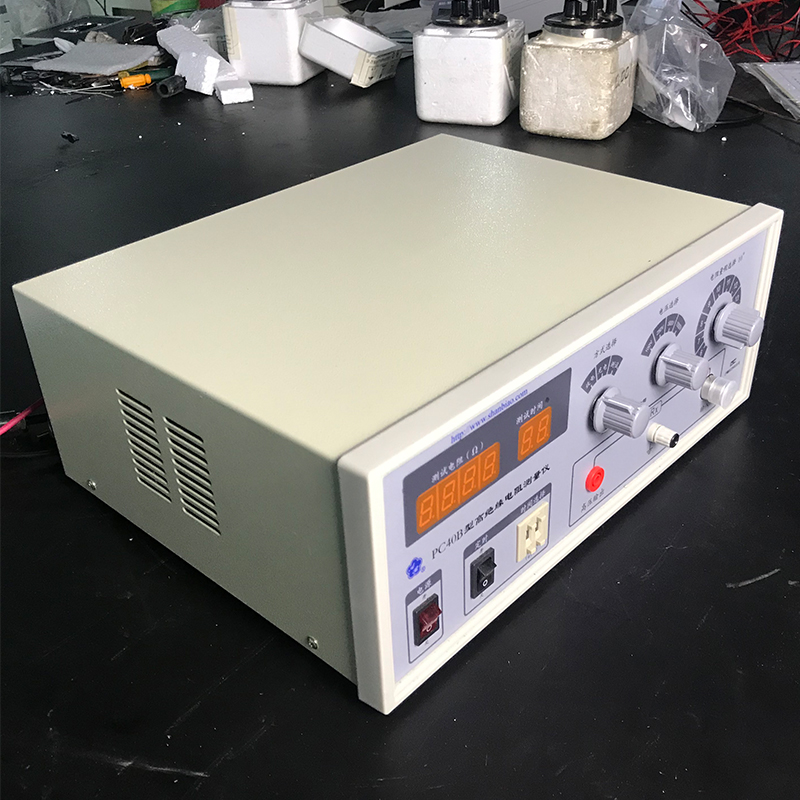Design and Development of a Versatile Universal Tensile Testing Machine for Material Evaluation
Understanding Custom Universal Tensile Testers A Key to Material Testing
In the realm of material science and engineering, understanding the mechanical properties of materials is crucial for various applications, from construction to manufacturing. One of the primary tools used to assess these properties is the universal tensile tester. This device measures how materials react to forces being applied in tension. A custom universal tensile tester is specifically designed to meet unique testing requirements, making it an invaluable asset in research and industrial settings.
What is a Universal Tensile Tester?
A universal tensile tester is a machine that subject materials to controlled tension until they fail. It measures fundamental attributes such as tensile strength, elongation, and yield strength. Typically, the tester comprises a loading mechanism, a testing chamber, grips for holding the material samples, and an electronic system for data collection and analysis. The universal aspect of the device means it can be used to test a variety of materials, including metals, plastics, rubber, and textiles.
The Importance of Customization
While standard tensile testers are suitable for general use, many laboratories and industries require specific configurations that can be better achieved through custom-built devices. Customization may involve adjustments in gripping mechanisms, load cells, and even the software used for data analysis. For example, certain materials may require specialized grips to prevent slippage or damage during testing. Additionally, industries that work with oversized samples or materials with irregular shapes need testers tailored to accommodate these challenges.
Custom universal tensile testers can be designed with unique features that enhance performance. This can include increased load capacities, advanced data acquisition systems, and specific environmental chambers for testing under extreme conditions such as high temperatures or corrosive environments. Moreover, the flexibility in designing the testing apparatus can lead to more accurate readings that reflect real-world applications.
custom universal tensile tester

Applications Across Various Industries
The applications of custom universal tensile testers are widespread. In the aerospace industry, for instance, engineers test components to ensure they can withstand the extreme forces encountered during flight. Similarly, in the automotive sector, materials used in manufacturing are meticulously tested to meet safety standards and performance criteria. Research institutions also leverage custom tensile testers to explore new material properties and innovate, assisting in the development of advanced materials that could revolutionize technology.
The construction industry relies heavily on the strength characteristics of materials such as concrete and steel. Custom tensile testers can adapt to test these materials to adhere to building codes and standards, ensuring that structures are safe and resilient. Furthermore, in the field of textiles, custom testing rigs can assess the tensile strength and elasticity of fabrics, which is essential for quality control in the fashion and upholstery sectors.
Conclusion
The role of custom universal tensile testers in material testing cannot be overstated. By providing tailored solutions that enhance testing accuracy and adaptability, these devices are critical for industries that demand high-quality materials capable of withstanding specific stresses and strains. As technology progresses, the continuous innovation in the design of tensile testers promises to meet the evolving demands of materials testing, paving the way for safer, more efficient, and advanced products across various fields.
Whether you are in research or industrial applications, investing in a custom universal tensile tester could yield significant advantages, ensuring that your materials are rigorously tested and meet the required standards for their intended use.
-
Why the Conductor Resistance Constant Temperature Measurement Machine Redefines Precision
NewsJun.20,2025
-
Reliable Testing Starts Here: Why the High Insulation Resistance Measuring Instrument Is a Must-Have
NewsJun.20,2025
-
Flexible Cable Flexing Test Equipment: The Precision Standard for Cable Durability and Performance Testing
NewsJun.20,2025
-
Digital Measurement Projector: Precision Visualization for Modern Manufacturing
NewsJun.20,2025
-
Computer Control Electronic Tensile Tester: Precision and Power for the Modern Metal Industry
NewsJun.20,2025
-
Cable Spark Tester: Your Ultimate Insulation Assurance for Wire and Cable Testing
NewsJun.20,2025
 Copyright © 2025 Hebei Fangyuan Instrument & Equipment Co.,Ltd. All Rights Reserved. Sitemap | Privacy Policy
Copyright © 2025 Hebei Fangyuan Instrument & Equipment Co.,Ltd. All Rights Reserved. Sitemap | Privacy Policy
